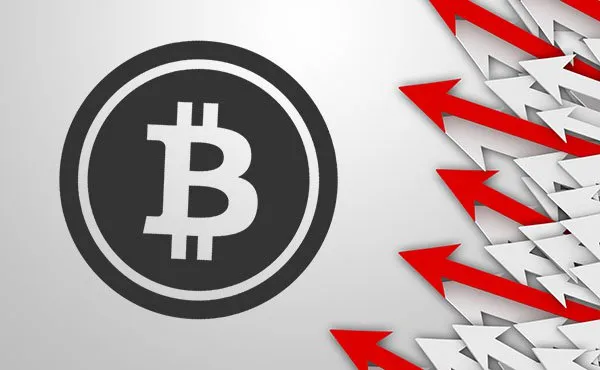
March of 2017, US Securities and Exchange Commission denied the bitcoin ETF COIN proposed by the Winklevoss twins, the founders of leading US-based bitcoin exchange Gemini, for lack of overseas regulations and the possibility of bitcoin being used by criminals to launder money. Ironically, some of the world’s largest and most trusted financial organizations are being accused of laundering large sums of money and will likely be fined for billions of dollars by the end of the year.
For many years, governments in the US, South Korea, Japan, the Philippines and Europe have demanded bitcoin exchanges and businesses to implement strict Know Your Customer (KYC) and Anti-Money Laundering (AML) policies. Regardless of the security and user privacy issues exchanges were forced to deal with, government agencies continued to demand strict KYC and AML systems.
Yet, according to a senior banker at one of Australia’s Big Four banks, KYC and AML standards in Australia are significantly behind the global benchmarks.
"There is an issue and the issue is the KYC/AML standards in Australia has lagged the global benchmarks for several years. (Australian) banks have clearly been behind the curve when you look at the amount of details required to open a customer account and doing periodic review of those accounts,” the banker told Reuters.
By nature, bitcoin is a decentralized and transparent cryptocurrency that is operated by a global network of miners and node operators. A single central entity cannot gain control over the bitcoin network and such decentralized characteristic of bitcoin has appealed to institutional, retail, professional and casual investors over the past few years.
In 2017, beginning with the Wells Fargo scandal wherein the bank was exposed for maintaining fraudulent accounts to ostensibly improve its balance sheet, many major banks across the world have received harsh criticisms from experts and analysts in the finance sector. Most recently, some of Australia’s largest banks including Commonwealth Bank of Australia, the country’s biggest commercial financial institution, was alleged for contributing to money laundering schemes.
"In the last few years, regulators and banks have been focused on changing the whole bank culture to get all levels of staff taking compliance seriously. That is not as widespread yet in Australia. Australian banks have not had the big fines imposed on them like their global peers have,” said Philippa Allen, CEO of Compliance Asia.
Already, millennials and existing consumers are losing trust in banks and their ability to handle financial operations in a transparent and honest way. Ultimately, as bitcoin grows to become the leading digital currency and the main global financial network, existing users of banking systems and services will migrate from centralized financial institutions to bitcoin and the industry.